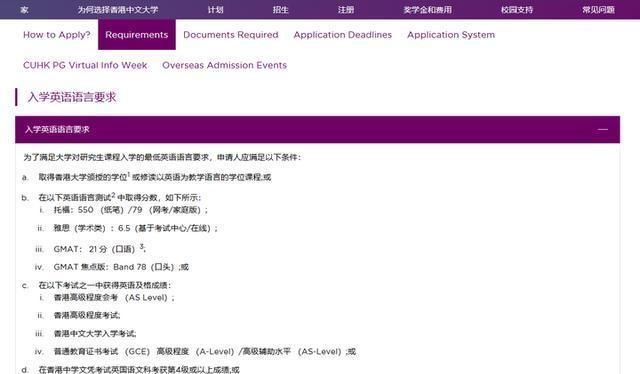Understanding the Factors: Can You Be Refused a Student Loan?
#### Can you be refused a student loan?When considering higher education, many students rely on student loans to finance their studies. However, a common co……
#### Can you be refused a student loan?
When considering higher education, many students rely on student loans to finance their studies. However, a common concern among prospective borrowers is the question: **can you be refused a student loan?** This query not only reflects the anxiety surrounding financial aid but also highlights the importance of understanding the criteria that lenders use to approve or deny loans.
#### Factors That Can Lead to Refusal of a Student Loan
1. **Credit History**
One of the primary factors that lenders consider when assessing a student loan application is the applicant's credit history. A poor credit score or a history of missed payments can significantly impact the likelihood of being approved for a loan. Lenders use credit scores to gauge the applicant's financial responsibility and ability to repay the loan. If you have a low credit score, you may be at a higher risk of being refused a student loan.
2. **Income Level**

Lenders may also evaluate the applicant's income level. If you are a dependent student, your parents' income may be taken into account. Insufficient income can lead to a denial, especially if the lender believes that you will struggle to make payments after graduation. It's essential to demonstrate that you have a stable source of income or a solid plan for employment post-graduation.
3. **Enrollment Status**
Your enrollment status can also affect your eligibility for student loans. Many lenders require that you be enrolled at least half-time in an accredited institution. If you are taking a lighter course load or are not enrolled in a qualifying program, you may face challenges in securing a loan. Always ensure that you meet the enrollment criteria set by the lender.
4. **Loan Amount Requested**
The amount of money you request can also influence whether you will be approved for a student loan. If you ask for significantly more than what is typically allocated for your program of study, lenders may view this as a red flag. It's advisable to request only what you need and to be prepared to justify the amount in your application.
5. **Documentation and Application Errors**
Incomplete or inaccurate applications can lead to automatic denials. Ensure that you provide all necessary documentation, including proof of income, tax returns, and any other information requested by the lender. Double-check your application for errors or omissions, as these can delay the process or result in a refusal.
6. **Type of Loan**
Different types of student loans have varying eligibility requirements. Federal student loans often have more lenient criteria compared to private loans. If you are denied a private loan, you may still qualify for federal loans, which are typically based more on financial need than creditworthiness.
#### Conclusion
In conclusion, the question **can you be refused a student loan?** is a valid concern for many students. Understanding the factors that can lead to a denial is crucial for navigating the student loan process. By maintaining a good credit score, ensuring stable income, meeting enrollment requirements, accurately completing your application, and being mindful of the loan amount you request, you can improve your chances of securing the funding necessary for your education. Always explore all options available, including federal loans, scholarships, and grants, to support your educational journey.